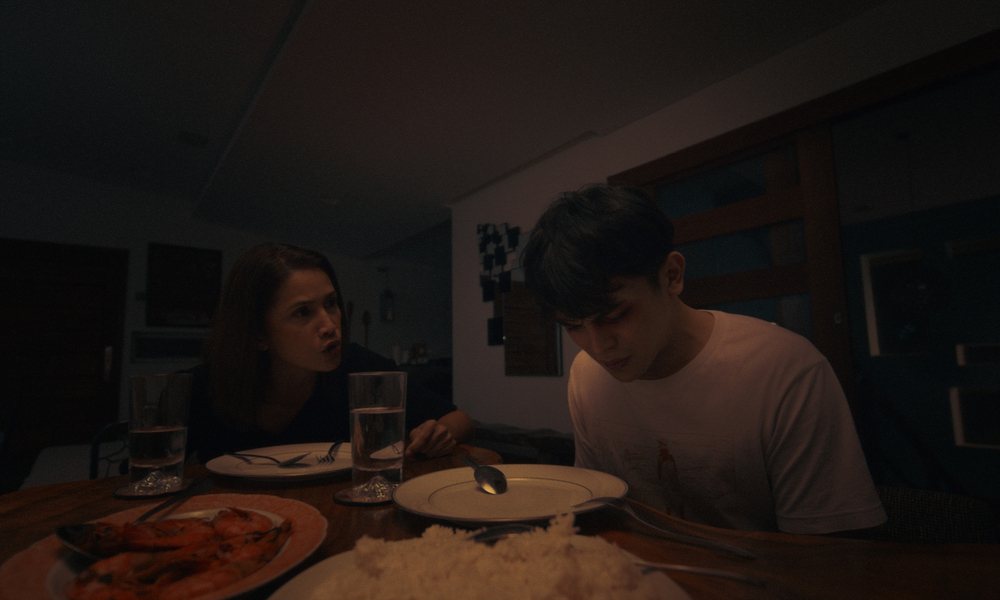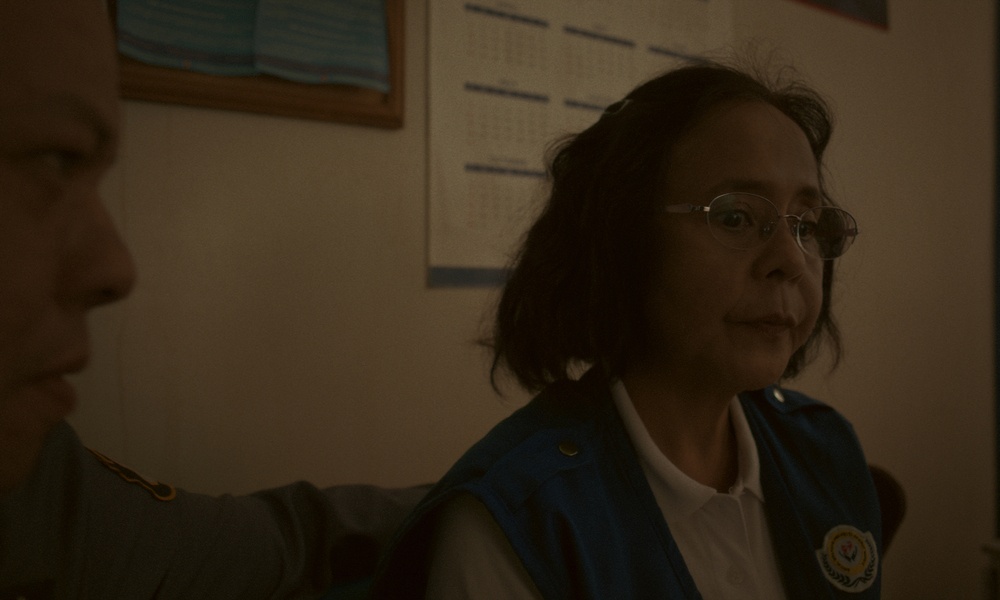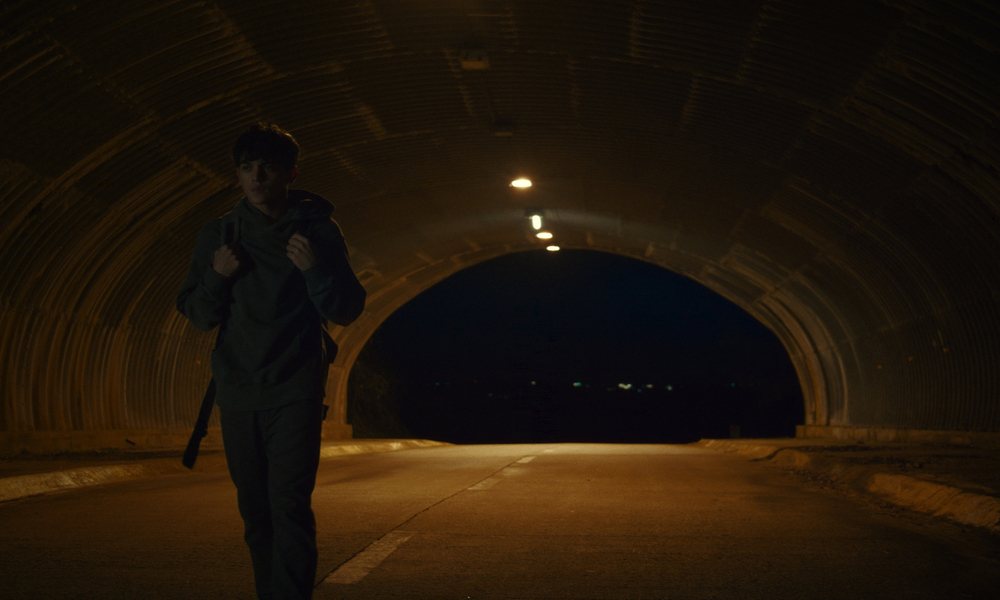THERE HAVE been numerous attempts to break the cycle of corruption but they often fall on deaf ears. How can one judge who is truly right or wrong when they are all just victims of the same predicament?
“Ang Duyan ng Magiting,” one of the Cinemalaya 2023 films, is an assemblage of episodic segments about victims of war, terrorism, and politics in the country. It won the Special Jury Award for Full-Length films while its cast received the Best Ensemble Performance Award at the Cinemalaya 2023.
Two college students, Jose Santos (Miggy Jimenez) and Simon Manuel (Dylan Ray Talon), are detained by the policemen when they are spotted near a recently bombed church. They simply want to immerse themselves in the predicaments of farmers. However, the policemen are quick to conclude that they are terrorists.

The rest of the film focuses on the characters involved in the case. Social worker Jill Sebastian (Dolly De Leon) defends the students against the hostile police chief Gabriel Ventura (Paolo O’Hara). Helen Santos (Agot Isidro) raised her son alone after her husband was killed. Professor Victor Angeles (Jojit Lorenzo) harshly instills student activism in the university which results in a punishment.
The film barely had any musical score, nor any excessive camera movements yet director and screenwriter Dustin Celestino successfully weaved a story of a nation crumbling from the impact of corrupt systems and a repetitive history. Celestino incorporated theatrical elements in the film like the eloquent and enriched dialogue, precise blocking and a set frame to narrate a story filled with grief and fear. Despite the use of these elements, the film remained cinematic because the framing, the use of cuts and dynamic production design were part of the narrative.

The ensemble consisted of veteran actors who flawlessly delivered their lines. Isidro was magnificent in portraying extreme maternal love. De Leon appeared shy but stood her ground against O’Hara. Bituin Escalante’s portrayal of the lawyer Emy Gonzales admirably illustrated both sides of the conundrum. Ventura’s wife Cora (Francis Makil-Ignacio) was unhinged and detrimental. Jimenez depicted the stereotypical naive child with limited political awareness. He was the complete opposite of Talon’s Simon, who represented the lower class. It was an attempt to convey a message that the present system was dogged with injustice, considering the unfair treatment of the arrested students.
As the story progressed, the conflicts became more intense as the camera stayed still. Medium camera shots were mainly used to fill each episode with the emotion that echoed within the confines of the frame. It also made the scenes feel chaotic, as if enticing the audience to focus more on the topics discussed in each episode.

The two-hour runtime raised questions about nationalism, terrorism and politics. It also made its viewers reflect on the issue of whether the country was still worth fighting for.
The way the film was written provided the characters’ perspectives on these topics. However, it was not clear who the real enemy was. The discussions obviously pertained to the corrupt system but at times, the emotions were directed to the opposing character in the scene instead of the actual problem.

Despite the gravity of these topics, Celestino managed to include dark humor in each episode. All were astonishingly well-received by the audience, seemingly breaking the tension. However, there were moments when the film became stagnant. Two episodes acted as silent fillers to move the story forward without resorting to unnecessary information overload.
Overall, “Ang Duyan ng Magiting” packages itself as a cautionary tale for the future of the nation. The film challenges its audience with disturbing issues, offering no clear answers. Ultimately, it questions the morality of the audience while allowing them to deeply process the topics it presented. F – Trixcy Anne Loseriaga



